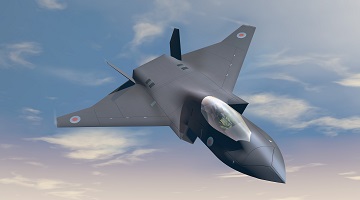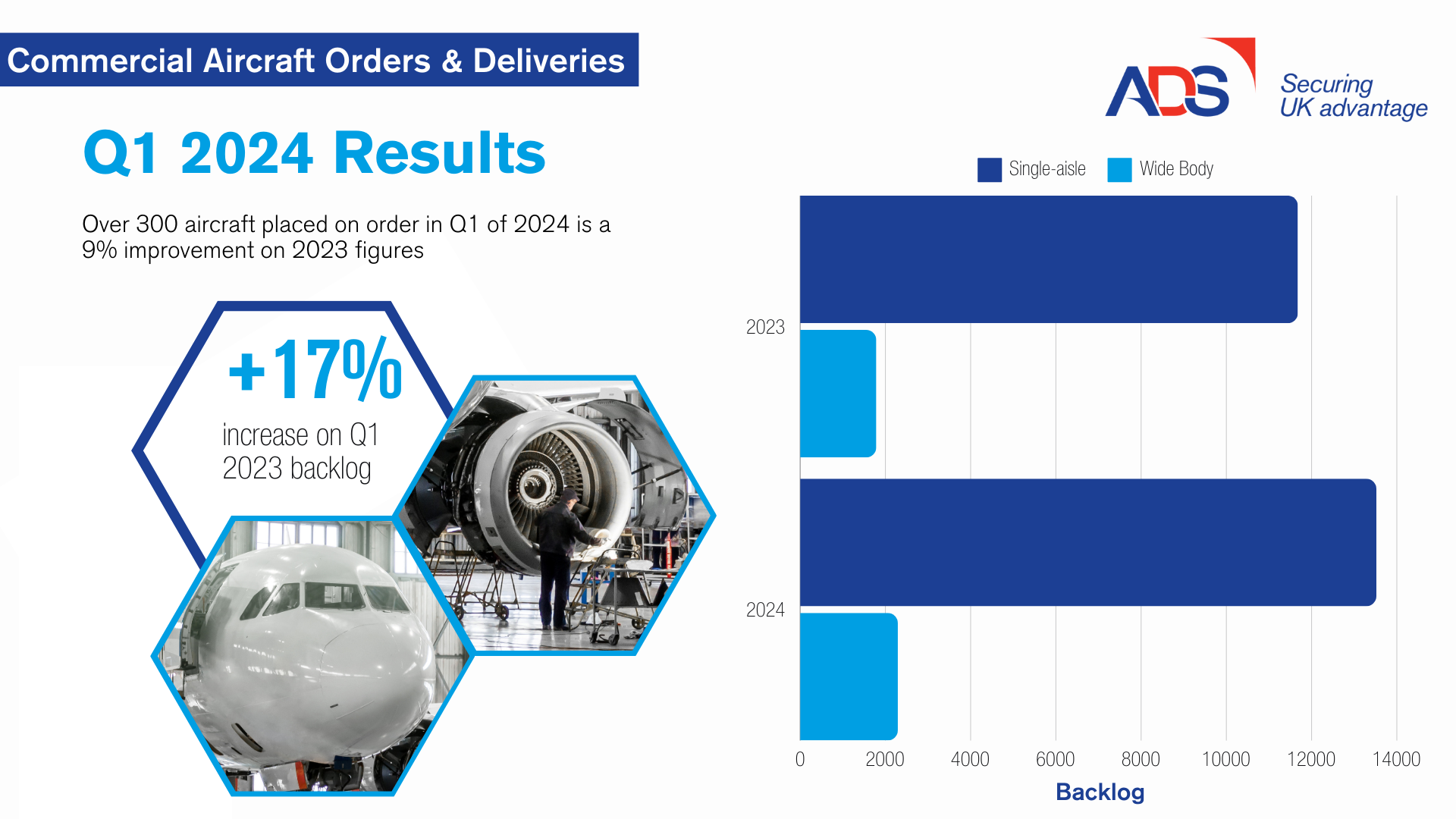
Written by Matt Hogsden, Industry Secondee
Following the launch of Team Tempest at the 2018 Farnborough International Airshow, the recent Farnborough Connect saw two exciting announcements on the UK’s Future Combat Air System (FCAS), highlighting the significant progress made to date and the exciting future of the sector.
During the opening ceremony Defence Secretary Ben Wallace revealed that an additional seven companies (along with UK universities and SMEs) are now part of Team Tempest. General Electric UK, GKN Aerospace, Collins Aerospace, Martin Baker, QinetiQ, Bombardier Belfast and Thales UK all join existing partners BAE Systems, Rolls Royce, Leonardo UK and MBDA UK.
ADS welcomes this news and believes that this strong domestic commitment provides a compelling base for the UK to develop innovative and sustainable international partnerships. It establishes that Britain is open for business in the development of the next generation fighter jet.
Further good news came later in the week when the UK, Sweden and Italy announced that they have begun trilateral industry discussions to develop future military aircraft capability. Leonardo Italy, MBDA Italy, Elettronica and Avio Aero join from Italy, with GKN Aerospace Sweden and Saab participating from Sweden. Saab also have committed to this through a £50m investment in an FCAS centre in the UK.
This builds on the rich recent history of co-operation between the three nations in aerial warfare systems, such as the development and operation of the Meteor missile and the integration of the Edinburgh-built Raven ES-05 radar in the Gripen E.
This international influence is one of the most promising but challenging aspects of the 2018 Combat Air Strategy. To achieve this the programme will embed exportability, freedom of action and international collaboration into the design from day one. This requires a complete shift in thinking from the development of previous platforms, for instance in the use of open architectures to reduce barriers for future customers and partners. This flexible approach will leverage global and trade relationships in support of Global Britain and must be a key priority for the UK as it seeks to re-establish its place in the world.
These two announcements demonstrate the momentum that the programme is generating, particularly through the Team Tempest technology initiative. This large, high-profile project is a core part of ensuring that the UK remains a leader in future technology, international relations and military capabilities well into the coming decades.





